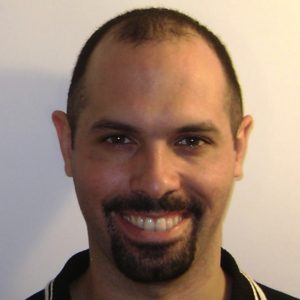Park Bench Panel on SE Education for the Next Generation of Software Engineers
Saturday May 27, 14:00-15:30, Rm 111 at UCA
We will have a rotating panel in Park Bench format (see below) at SECM. The panel will focus on how academic SE education and training programs can prepare the students for the challenges of the real world. We would like to invite all ICSE student volunteers to participate in the panel to have their voices heard, express their wants and needs, challenge the position of educators, and propose new ways of teaching and learning software engineering subjects.
Come and join us. If you can’t be present for the whole duration of the panel, drop by any time between 14:15 and 15:30 since the format will allow any participant to jump in at any point. No preparation is required.
For questions, don’t hesitate to contact hakan.erdogmus@sv.cmu.edu.
Looking forward to seeing you at the panel.
Park Bench Panel (by Ward Cunningham)…
A panel discussion is a good way for experts to spend some time rambling in front of a large audience. The audience gets to know the experts in a way that is only possible in person and the expert gets a little more exposure without having to prepare or be reviewed. But sometimes the panel can’t get it together and the real expert is in the audience. Therefore, let anyone in the audience join the panel. Leave one chair open. Let it be known that the empty chair provides the only means for audience participation. Do not take questions from the floor or from the moderator. Do not expect anyone taking that chair to necessarily ask a question, though that is often how their participation will begin. Make clear also that when the empty chair is filled that one of the current complement of panelists will have to vacate their chair so that there is always exactly one empty chair. Sometimes panelists are eager to leave but cannot do so until they find a subject that attracts someone from the audience to participate in their place. One is welcome to rejoin the panel should they find renewed interest in the conversation. This format is a good substitute for question & answer dialog.

 Diego Fontdevila
Diego Fontdevila